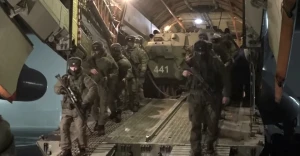
Transnistria's veiled intentions: Union with Russia or European integration
Transnistria has garnered a lot of attention lately. Local deputies requested that Russia take action to defend the breakaway republic against “growing pressure from Moldova.” It begs the question: Is it something to be concerned about?
Espreso has already analyzed the situation in the region and what may be behind the provocative statement.
What the article is about:
- What is Transnistria?
- How does Russia and the war in Ukraine affect Transnistria?
- What happened at the "congress of deputies of Transnistria"?
- What could be behind the deputies’ statement?
- What was the reaction to the congress and what can we expect next?
What is Transnistria?
Transnistria is the self-proclaimed "Transnistrian Moldovan Republic", a strip of land along the left bank of the Dniester River between Ukraine and the rest of Moldova.
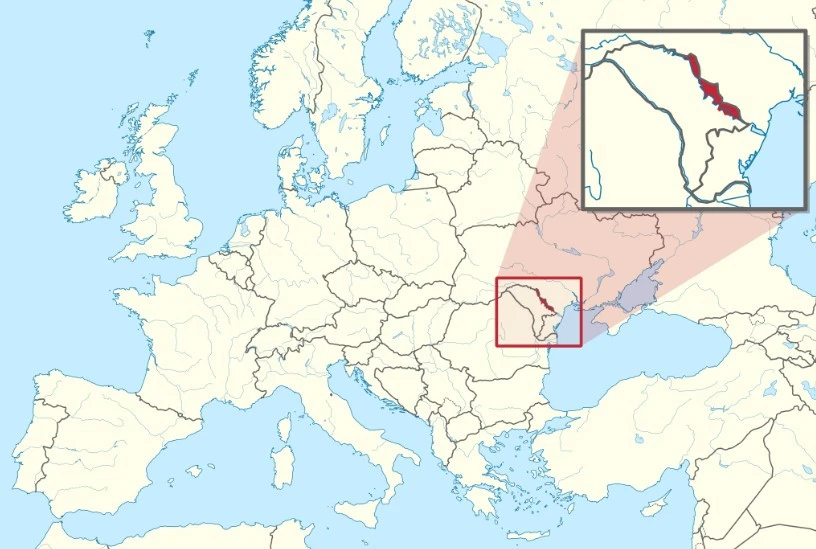
The origins of the current "Transnistrian Moldovan Republic" lie in the Soviet era, when the pseudo-state formed its own local elite, and its ethnic composition - approximately equal parts Moldovan, Russian, and Ukrainian - was markedly different from the rest of the Moldovan Soviet Socialist Republic.
In the late 1980s, "perestroika" (the literal meaning of perestroika is "restructuring", referring to the restructuring of the political and economic systems of the Soviet Union, in an attempt to end the Era of Stagnation - ed.) in the Soviet Union gave impetus to the declaration of independence by the republics dependent on it - the Moldavian SSR was no exception. At that time, the idea of unification with Romania was widespread among the Moldovan elite (their peoples have a long common history and a common language), which the Tiraspol elite was not satisfied with due to the differences mentioned above.
In 1992, these differences escalated into a several-month war between Chisinau and Tiraspol, with the 14th Russian Army on the latter's side. Eventually, in July of that year, the parties signed an agreement to resolve the conflict, in which Russia became a “mediator.”
Since then, the Transnistrian conflict has been in a de facto frozen state. A so-called security zone was created along the Dnister, where Russia and Moldova's joint "peacekeeping mission" operates. The "5+2" negotiation format was established (parties to the conflict - Moldova and Transnistria; mediators - Ukraine, Russia and the OSCE; observers - the United States and the EU), within which several never implemented settlement plans were put forward. And the Russian 14th Army - despite its 1992 promises to withdraw from the "Transnistrian Moldovan Republic" - continues to remain there.
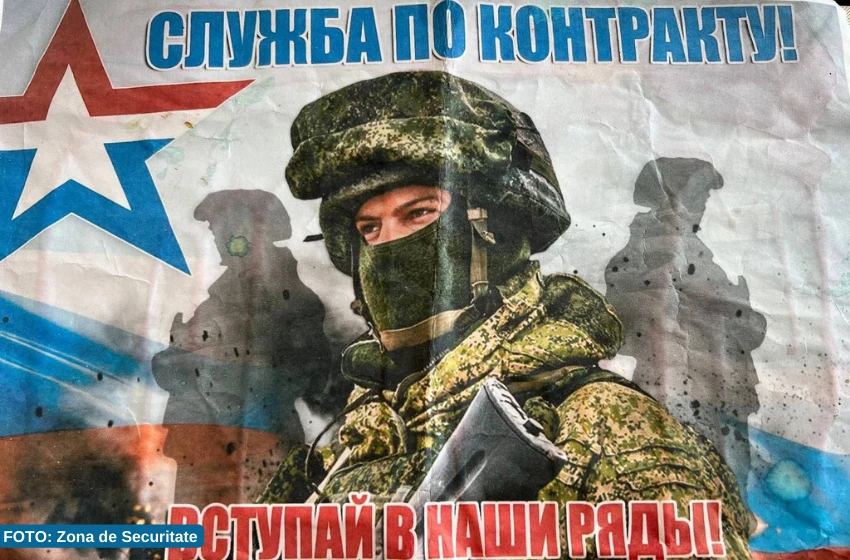
How does Russia and the war affect Transnistria?
During its separation from Moldova, Transnistria has acquired its own de facto authorities: it has its own "constitution," its own "president" and "parliament," even its own "currency," the Transnistrian ruble, and its official languages are Moldovan, Ukrainian, and Russian.
Transnistria was and is economically extremely dependent on Russia, or rather, on Russian gas, which was used by the enterprises there that have survived since Soviet times.
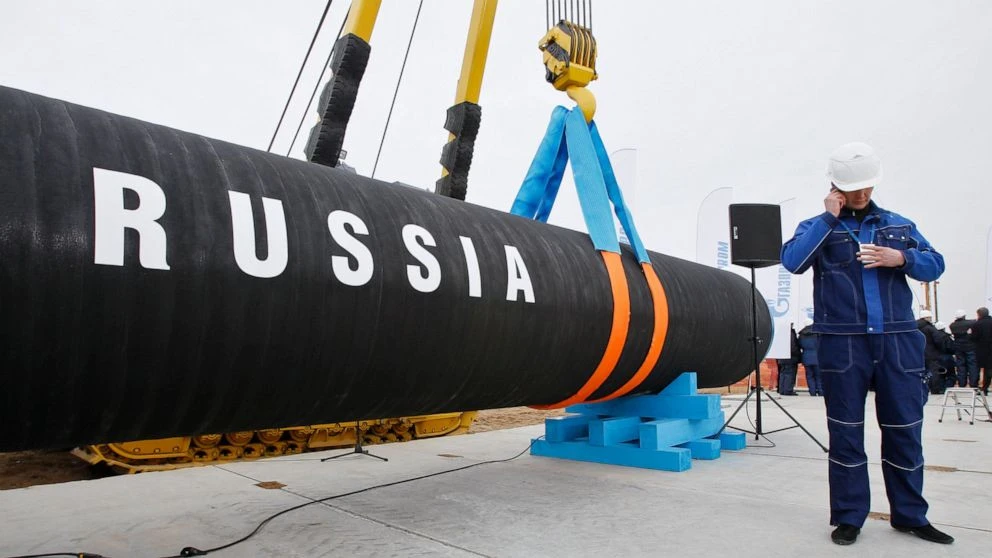
Of course, Russian propaganda is strong in the "Transnistrian Moldovan Republic". The local population actually watches only Russian TV channels.
It is not surprising that in 2006, Transnistria organized a "referendum" in which 97% of the population declared their desire to join the Russian Federation. But it is also not surprising that the results of an incomprehensible vote in a country that is not recognized by anyone (including Russia itself) have not been recognized by any country in the world.
Since the beginning of Russia's full-scale invasion of Ukraine, Transnistria has found itself in a difficult position. On the one hand, Russian troops in the "Transnistrian Moldovan Republic" at the beginning of the active phase of the war were seen as a potential threat to Ukraine. On the other hand, their number (exact figures are unknown, but the contingent probably does not exceed two thousand) and combat capability (outdated Soviet equipment, lack of experience) raise serious questions: will it happen that the 14th Army will be defeated and Transnistria will cease to exist?
Therefore, the Transnistrian authorities resorted to provocations, such as unexplained explosions in April 2022, and banal propaganda about saboteurs being trained by Chisinau and Kyiv for sabotage against Tiraspol.
The seventh "congress of deputies of all levels of the Transnistrian Moldovan Republic" held on February 28, 2024, should be viewed in this light.
What happened at the "congress of deputies of Transnistria"?
At a congress on February 28, the so-called deputies of unrecognized Transnistria asked Russia to protect the region due to alleged “pressure from Moldova.”
The appeal was addressed to the Federation Council and the State Duma of the Russian Federation, asking them for "measures to protect Transnistria in the face of Moldova's increased pressure". In the statement, the Transnistrian deputies claim that Chisinau has launched an "economic war" against Transnistria, meaning the abolition of customs privileges, and is deliberately blocking negotiations with Tiraspol. They also appealed to the OSCE, CIS, European Parliament, International Committee of the Red Cross, and UN Secretary-General to “influence the Moldovan authorities to return to an adequate dialogue.”
Transnistria's veiled intentions: What could be behind the deputies' statement?
Will their decision to "join Russia" bring real destabilization to the region, or is this attempt to "join" hiding a real secret plan and Tiraspol's desire to get closer to Moldova and the EU? Integration into Europe through Moldova and Romania, rather than becoming an enclave of the Russian Federation - is what Tiraspol's priority scenario may look like.
As long as the war continues, Transnistria prefers to show its importance, primarily for Moldova. And a kind of "petition" to Moscow can be seen as a cover for the true intentions of the unrecognized republic.
At the level of rhetoric, Moscow continues to make threatening statements about Transnistria, but its real influence is declining. Instead, Kyiv and Chisinau are already building new economic ties in the region, integrating into the EU, and shaping the security architecture without looking back at the Kremlin.
Chisinau has real leverage over Transnistria. Together with Ukraine, Moldova has agreed to control the border, that is, everything that enters and leaves the Transnistrian region. Today, the situation has changed for the better for Transnistria, and there is every opportunity to use the favorable conditions for peaceful reintegration with Moldova, namely the incentives created by European integration; diversification of energy supplies, which eliminated Moldova's dependence on Gazprom.
With the support of Ukraine and the European Union, Chisinau hopes to provide these incentives for a genuine peaceful reintegration process. All this gives real hope for success. In this scenario, Tiraspol will sooner or later have to decide whether to hold on to the "Russian World" and live in isolation or to return to Moldova and integrate into Europe as a single state.
The European Union does not intend to leave Moldova alone with its problems. It sees Moldova as a whole state and, in the future, as a member of the EU. French President Emmanuel Macron reaffirmed France's support for the independence, sovereignty and territorial integrity of the Republic of Moldova during a meeting with Maia Sandu at the Elysee Palace in March 2024. In a joint statement, the leaders of the two countries called on Russia to "withdraw its illegally deployed forces on the territory of Moldova." France declared its readiness to "contribute, when the time comes, to a lasting and peaceful settlement of this conflict", frozen since 1992, after the collapse of the Soviet Union.
The new grain corridor from Ukraine through Transnistria to Moldova and Romania could be an example of cooperation between Transnistria and Ukraine.
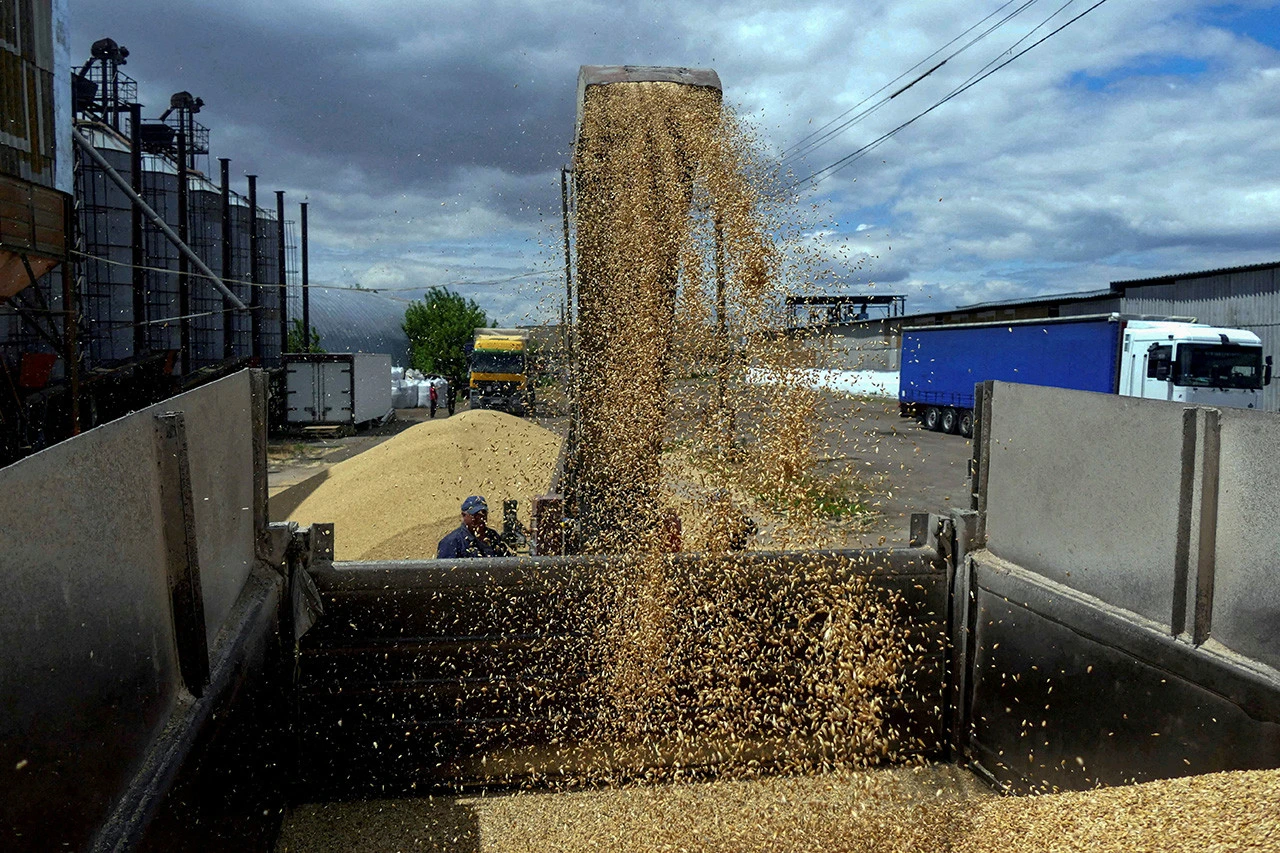
In October, the Kuchurhan-Pervomaisk railroad crossing point was opened in the Odesa region on the border with occupied Transnistria, which should increase the capacity of grain exports from Ukraine via Moldova and Romania.
Ukrainian and Moldovan border guards will control the crossing of the border. From there, the grain wagons will travel through Transnistria without stopping, which limits Tiraspol's influence on transportation. However, it has no particular reason to resist what is happening anyway, because in the context of external isolation in which Transnistria found itself after February 24, 2022, the region has to be increasingly integrated into Moldova's economic activities.
Moscow has done everything possible to limit Ukrainian agricultural exports as much as possible. And now it appears that Transnistria, which has always been considered a wimpy Russian satellite, is directly undermining these efforts. Tiraspol seems ready to agree to any project that promises economic revitalization, even if it goes against Russia's interests.
Kyiv, for its part, has ceased to see the separatist region as a threat. The decision to launch the corridor through Transnistria was made primarily because it is the shortest route from Ukraine to Moldova. And for Transnistria, which suffers from partial economic isolation, any step toward opening the border with Ukraine, which was its main trading partner before the war, is valuable.
Reaction to the congress and what to expect next?
Chisinau has consistently emphasized that it sees no reason for escalation in unrecognized Transnistria.
Moldova's Bureau for Reintegration, which is responsible for dialogue with Tiraspol, called the statement of the "Transnistrian deputies" about harassment a "propaganda declaration" and reminded that the Transnistrian region enjoys "the benefits of peace, security and economic integration policies with the European Union, which are favorable for all citizens.”
Moldovan President Maia Sandu was more unequivocal, emphasizing Russia's role in spreading rumors about the "possible annexation of Transnistria.”
"The Kremlin is doing this to intimidate Moldovans. Moreover, this is an election year. The Kremlin wants us to be scared, to be spineless, to be ruled by corrupt officials, and to be able to negotiate with them by bribing politicians, as has been the case for many years. We cannot allow them to do this. We must keep the peace," the president said.
Statements from the Ukrainian side also pointed to the Kremlin's interest in regional destabilization.
For example, Ukraine's Ministry of Foreign emphasized the unviability of the 5+2 format, a diplomatic platform aimed at resolving the Transnistrian conflict, which consists of representatives of Moldova and Transnistria (parties to the conflict), Russia, Ukraine, and the OSCE (mediators), and the European Union and the United States (observers), due to the presence of the aggressor state.
"Ukraine continues to advocate for the earliest possible withdrawal of Russian troops from the territory of the Transnistrian region of Moldova, the disposal of ammunition at the warehouses in Kovbasna, and the reformatting of the mission on the Dniester from a military to a civilian one," the ministry added.
Andriy Yusov, a representative of the Defense Intelligence of Ukraine, was even more concise: "Today, given the situation in the "Transnistrian Moldovan Republic", nothing happened. Russia did not get the desired result. In this situation, their efforts - both political and informational - have been defeated.”
As expected, the Western powers emphasized their support for Moldova's territorial integrity and sovereignty, and the European Union plans to discuss additional aid for Chisinau in early March.
The most interesting thing is Russia's reaction. Rather, its stinginess.
On February 28, the propaganda media published a comment from an "interlocutor" in the Russian Foreign Ministry, who only said that "protecting the interests of the residents of Transnistria is one of Russia's priorities" and “all requests are always carefully considered by Russian relevant departments.”
Theoretically, Moscow's wait-and-see attitude can be explained in a rather trivial way: it has not abandoned the idea of returning all of Moldova to its influence.
Russia may attempt to thwart Moldova's efforts to join the EU by provoking social conflicts in unrecognized Transnistria.
The country will hold presidential elections in the fall of 2024, and parliamentary elections early next year. And there is reason to believe that the pro-European Sandu and her Action and Solidarity party will not win as convincingly as in previous elections. That is why the Kremlin is actively looking for someone who could play on the pro-Russian field as an opposition to the current government.
Moldovan intelligence has recently noted "an unprecedented level of intensity of Russian actions." The goal of these actions is to compromise Moldova's accession to the EU, undermine democratic processes, and keep Moldova in its sphere of influence. There is information about attempts to compromise the referendum on European integration, presidential elections, and to defame institutions and candidates who would promote the idea of European integration.
Another stage is planned by Moscow for 2025. Its goal is to take control of the Moldovan parliament. "They are planning crises in the economic and social spheres, social conflicts to incite ethnic hatred, security and public order crises, including in Gagauzia or on the Left Bank of the Dniester. These crises will be launched sequentially or in parallel, often with the help of coordinated actions and propaganda," says the head of the Moldovan Information and Security Service.
Another unstable region of Moldova, Gagauzia, is being ignored, and for good reason. Literally immediately after a congress of so-called deputies took place in Transnistria on February 28, during which Tiraspol asked Moscow to "protect the ‘Transnistrian Moldovan Republic’ in the face of Moldova's increasing pressure," the bashkan (senior official) of Gagauzia, Evgenia Gutsul, visited the Russian capital. Gutsul said that Gagauzia could declare its secession from Moldova if the country "loses its independence." And during a meeting with Russian President Vladimir Putin on March 6, she asked him to protect the Gagauz from "persecution by the Moldovan authorities." These requests of the Gagauz bashkan sounded much more severe than the "Transnistrian whining".
There are too many provocations, all almost simultaneously. But for what purpose and why are events developing in this way? An important clarification is that they are being developed by Moscow, which uses its puppets.
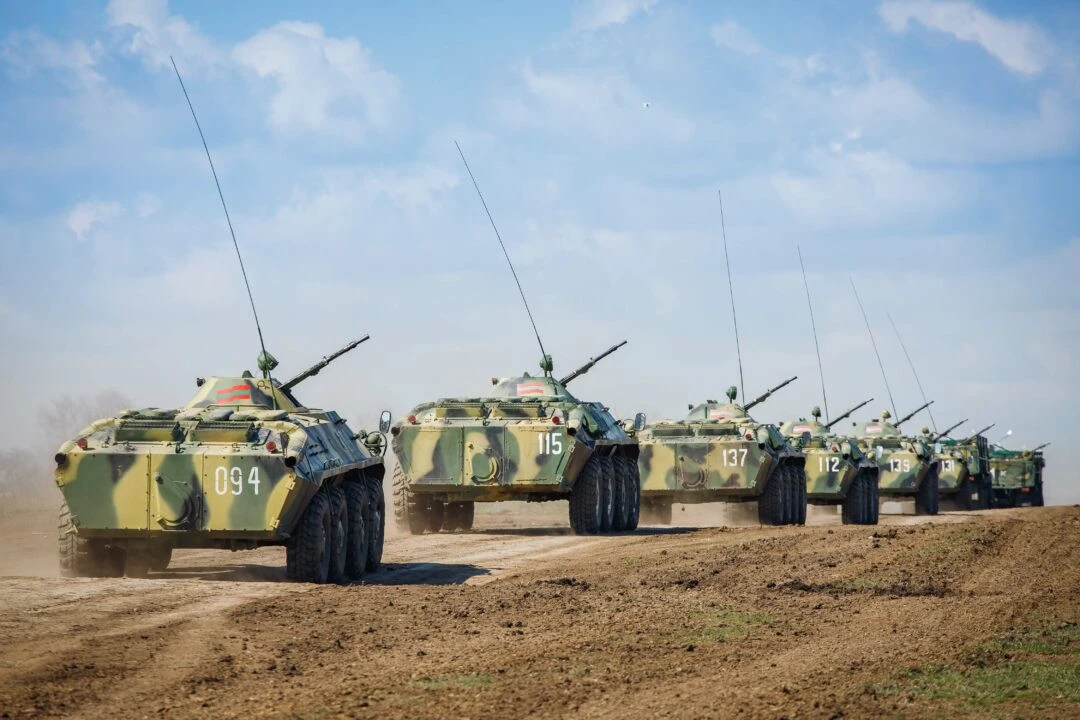
This time, another Russian-inspired escalation was avoided. But this does not mean that Russia has abandoned its attempts to organize it.
- News








